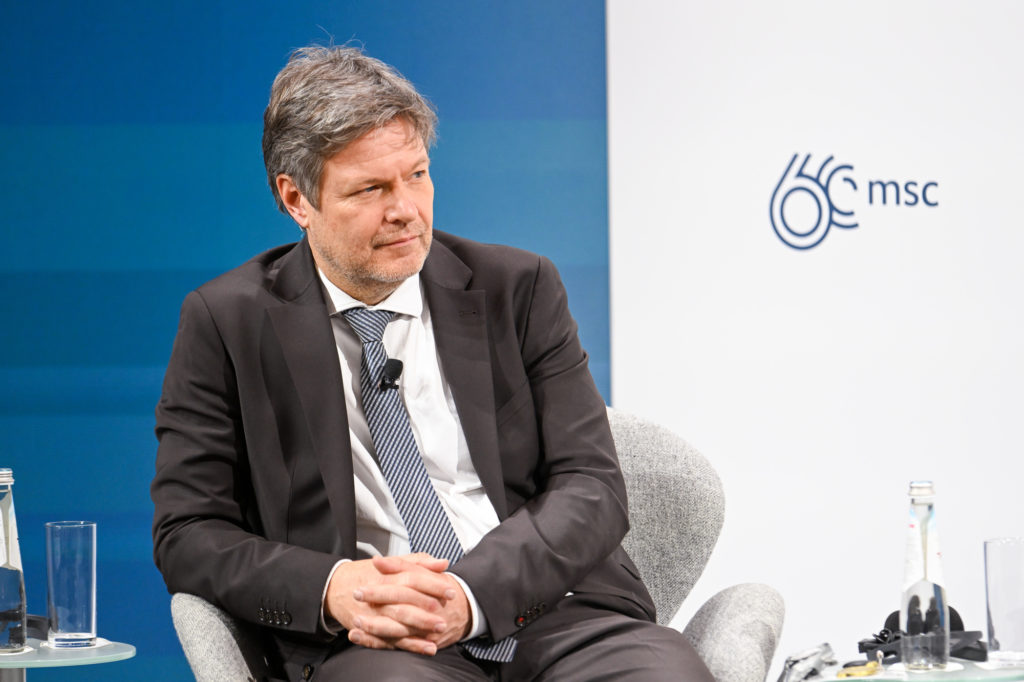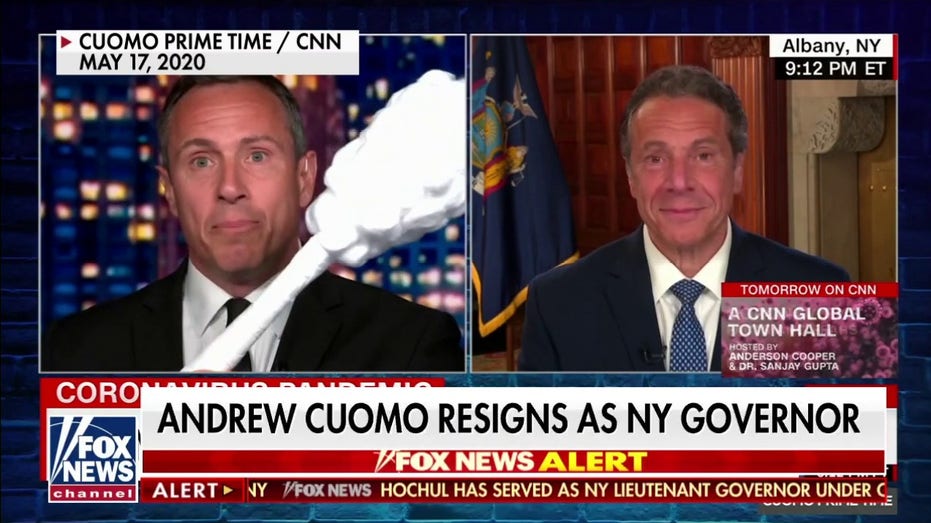German Vice Chancellor in Kyiv with a delegation from German defense and energy industries
Frustrated by the slow pace of aid and supply commitments from allies, German Vice Chancellor and Federal Minister for Economic Affairs and Climate Action Robert Habeck is in Kyiv on a surprise visit with a German delegation from the defense and energy industries.


As reported by Politico, Germany’s Vice Chancellor and Federal Minister for Economic Affairs and Climate Action Robert Habeck along with a delegation of defense and energy industry bosses arrived in Kyiv on Thursday looking to plug his country’s industrial heavyweights into Ukraine’s economy, on everything from armament production to power grid resilience.
Over the next few days, Habeck and the Kyiv government are expected to launch multiple German-Ukrainian industrial collaboration projects — some under tight security. Those joining Habeck for the night train from Poland to Kyiv were asked to leave their mobile phones at home, and neither confirm or deny their travel plans, the official familiar with the trip said, speaking on condition of anonymity because the matter is sensitive.
In an email related to the surprise trip to Kyiv, Habeck spoke of the importance of German industry for Ukraine.
“The German defense industry is supporting the fight for freedom and democracy with their commitment in Ukraine,” Habeck said in an emailed statement. “With their private investments, they are contributing to the country’s security and resilience.”
According to a source close to Politico, the German Vice Chancellor is frustrated with the slow pace of aid and supply commitments from allies, prompting him to take matters into his own hands.
His trip to Kyiv follows months of criticism over Germany’s refusal to send Taurus cruise missiles to Ukraine. Berlin formally launched an initiative to form an air defense alliance for Ukraine this week, calling on allies to find and finance extra systems to combat Russian missile attacks.
Habeck noted that Ukraine is fighting for its own freedom, in addition to European values.
“It is indeed a fight for freedom,” Habeck said. “Yes, Ukraine is fighting for its self-determination, for its territorial integrity against Putin’s aggression, but it is also a fight for the values that unite and make up Europe.”
“The situation is certainly challenging, but the Ukrainians have managed to hold their own time and again over the past two years,” Habeck said. “What Germany can do to support them, it will do.”
Business interests
The delegation Habeck has taken with him includes representatives from arms firms Rheinmetall and Diehl, which are set to deliver critical equipment like the IRIS-T air defense system, an official with knowledge of the trip told Politico.
Others such as FAE-Group and Quantum Systems, which provide mine-clearing vehicles and reconnaissance drones, are also on the visit. Also part of the delegation are two energy firms tasked with securing decentralized power generation through renewable energy.
Habeck said there was “very great interest from German companies to come and produce and build partnerships in Ukraine,” with the country on a gradual path closer to the EU’s Single Market.
Working with Ukrainian military experts
Setting up factories in Ukraine offers both a quick market, with low production costs and secured demand, and the chance to test technical innovations, said Guntram Wolff, a senior fellow at the Brussels-based Bruegel think tank.
“Whatever you produce there you can test and innovate working with local military experts to develop cutting edge new systems,” said Wolff. “That’s the real business case. It’s like a laboratory.”
Analysts say the live battlefield environment can serve as a lab for arms companies to test their latest military technology.
Recently, German Chancellor Olaf Scholz announced that Berlin is working to find an additional six Patriot air defense systems among NATO countries, in addition to another one promised by Germany.
Read more:
- War in Ukraine damages ”entire international order,” Scholz tells Xi Jinping
- Germany to transfer additional Patriot system to Ukraine to repel Russian attacks on infrastructure
- German firms involved in rebuilding Russian-occupied Mariupol, Monitor investigation finds
- Germany to fund buying 180,000 rounds for Ukraine via Czech artillery ammo initiative



